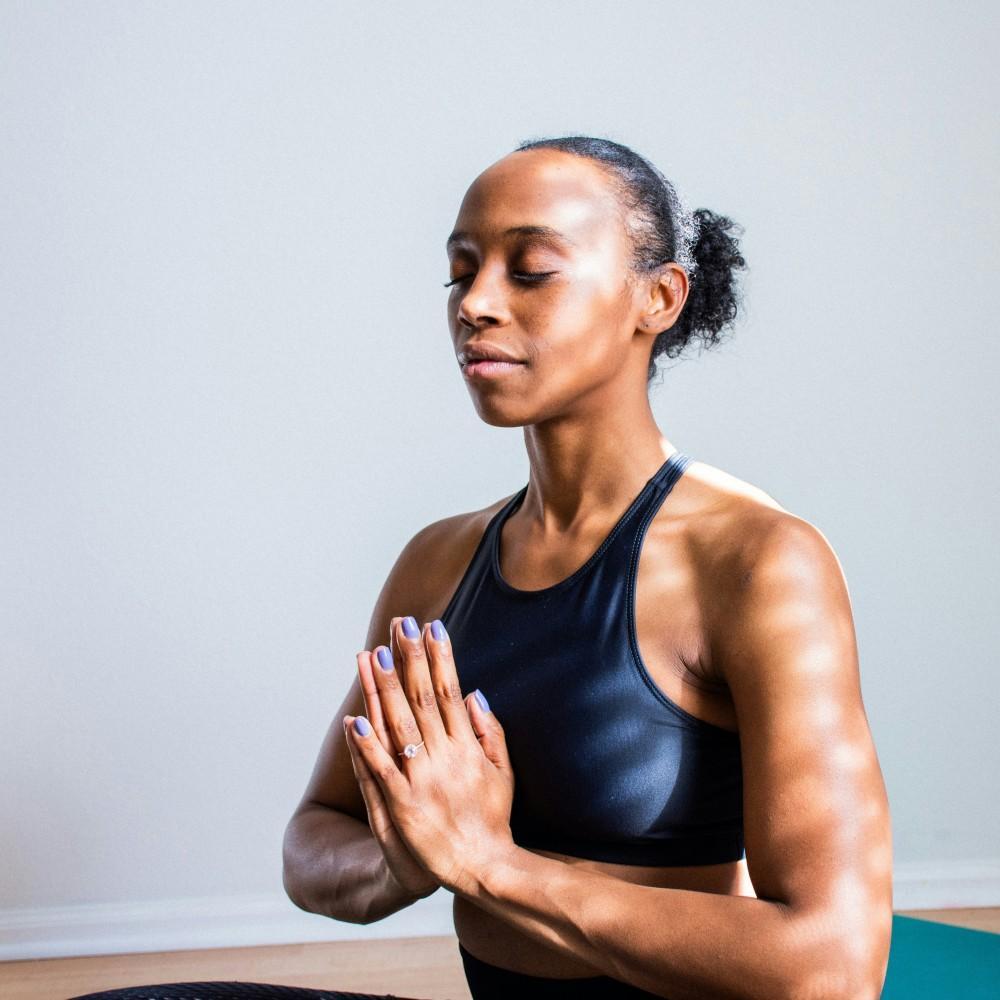
What is a Shoulder Rotator Cuff Tear?

What is a shoulder rotator cuff tear?
Tears of the rotator cuff tendons are described as partial-thickness tears, full-thickness tears, and full-thickness tears with complete detachment from the bone.
- Partial thickness tears often appear as fraying of an intact tendon.
- Full-thickness tears are through-and-through tears. These can be small pin-point tears or larger button-hole tears or tears involving the majority of the tendon where the tendon still remains substantially attached to the humeral head and thus maintains function.
- Full-thickness tears may also involve complete detachment of the tendon(s) from the humeral head and may result in impaired shoulder motion and function may be significantly affected.
How to treat a shoulder rotator cuff tear?
Treatment of a rotator cuff tear depends on the type of tear. The initial treatment consists of controlling the inflammation and resting the joint. The early steps of treatment should consist of:
Icing the Injury – the inflammation from a rotator cuff tear can be controlled with ice placed on the area every four hours for a period of 20 minutes. Icing can be done for the first several days until the swelling around the area has subsided.
Rest the torn muscle – a sling to rest the muscles can be worn until the pain has subsided and you can begin some simple exercises. Resting the muscles will help minimize painful symptoms and allow healing to begin.
Anti-Inflammatory medication such as Advil or Motrin will also help to minimize the pain but check with your doctor before using these medications.
Once your doctor has determined the location and type of rotator cuff tear through examination and/or imaging techniques, then treatment can begin.
Partial thickness tears are often treated with conservative rehabilitation care consisting of chiropractic adjustments, passive and active physiotherapies, and stretches and strengthening exercises.
Full-thickness tears may require surgery in order to regain function and attain some level of healing.
Whatever is required depends on the type of rotator cuff injury, and that is why it is important to have a team of doctors that is able to identify the root injury. At BBC Health, we know how to identify, treat, or refer in the proper direction for rotator cuff shoulder injuries.
You Might Also Enjoy...


How You Can Prevent Injuries

BBC Health in Lewisville: Serving Veterans and Their Families with CHAMPVA

BBC Health in Lewisville: Your Source for Stress Relief and Management

BBC Health in Lewisville: Your Partner in Post-Hospital Care



